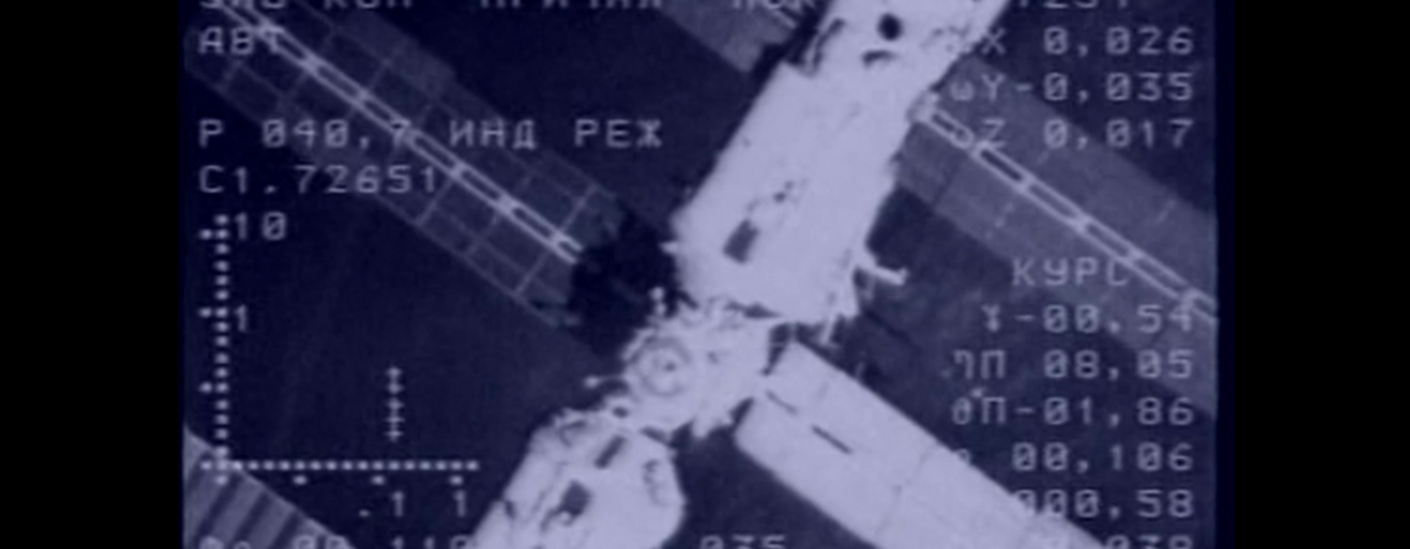Diana Toucedo is working on her practice-oriented PhD that revolves around the potentialities of editing as a form of knowledge and reflection, unravelling the past and foreseeing the future. From the consolidation of capitalism in Europe, after the fall of the Soviet Union, for the last 40 years society and time have been caught in a kind of enchantment, a kind of sorcery in a reality that has become unitary, compressed and covered by ideology. Images contain and have captured all the social, political, racial, ecological, historical and cultural changes that have taken place since then. The underlying ideology can be traced through the concept of spell, proposed by Belgian philosopher Isabelle Stengers, as a metaphor to analyse and examine the profound complexity of an image.
Diana Toucedo explores, through montage and its possibilities, the power relations that images produce today, decoupling and recombining them to ask the recurring and fascinating question: what is an image? What social relevance does it have? How do images deploy a systematic reflection on the historicity of their social function? Or in what ways and how does the production of images participate in the destruction of human beings?
Harun Farocki has reflected throughout his career on the question of what it means to work with existing images rather than producing them himself. The notion of archive, what is an archive and what are the ideological implications that archiving entails, is one of the main lines of inquiry Toucedo wants to explore. The research will be expanded by combining it with the notion of dialectical images, a term used by Walter Benjamin and G. Didi-Huberman. This notion is thought to expose the underlying tensions in history between different conceptions of temporality and difference, and to provide insight into historical conditions. The innate contradictions and injustices of culture are etched into an image like fossils. Thus, history is a living possibility that must be constantly reimagined, fabulated and speculated about. Montage could be the tool for this. Thus, dialectical images invite a way of seeing the past and the present simultaneously, breaking with a patriarchal hegemonic gaze and ideology to pass into a situated, eco-feminist and posthuman gaze. A situated position from which our archives can be examined, interrogated and edited. Through new montage relationships that Diana will explore in the editing room, future times can be revealed to already be condensed and embodied in our archives, revealing our survival gestures, looks and thoughts. What might we see in our past and present archives for our future?
The dissertation with the working title "A future time arriving and passing" is part of the research programme at the Research Group (Lectoraat) of the Netherlands Film Academy and the PhD programme at Pompeu Fabra University.
- Year
2021
